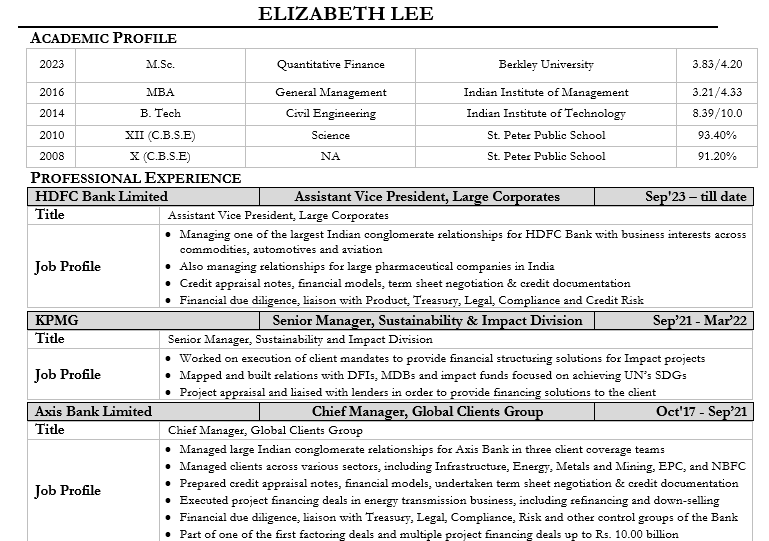You’ll increase your chances of success and demonstrate your readiness to excel in the role. Preparing for an AI job interview requires a comprehensive understanding of both technical concepts and soft skills:
- Understand the Basics: Review fundamental concepts in artificial intelligence, machine learning, and deep learning. Make sure you understand key algorithms, such as linear regression, logistic regression, decision trees, neural networks, and their applications.
- Refresh Your Programming Skills: Practice coding in languages commonly used in AI such as Python, R, or Java. Be comfortable with libraries like TensorFlow, PyTorch, and scikit-learn. Expect coding challenges or whiteboard exercises during interviews.
- Build Projects: Create or contribute to AI projects to demonstrate your practical skills. Build a portfolio showcasing your projects on platforms like GitHub. Highlight your contributions and the problem-solving approach you used.
- Know Your Resume: Be prepared to discuss every item on your resume in detail. Expect questions about your previous projects, roles, and achievements. Be ready to explain your contributions and the outcomes.
- Research the Company: Understand the company’s products, services, and the role AI plays in its operations. Research recent news, projects, and achievements. Tailor your responses to demonstrate how your skills align with the company’s goals.
- Stay Updated: Keep up with the latest trends, research, and advancements in AI. Follow industry leaders, read research papers, and participate in online forums and communities like ArXiv, Reddit’s r/MachineLearning, or Stack Overflow.
- Prepare for Technical Questions: Expect questions on algorithms, data structures, optimization techniques, and specific AI concepts. Practice solving sample problems from coding challenge websites like LeetCode or HackerRank.
- Practice Behavioral Interviews: Prepare answers to common behavioral questions like “Tell me about a time when you faced a challenging problem and how you solved it.” Use the STAR (Situation, Task, Action, Result) method to structure your responses.
- Mock Interviews: Conduct mock interviews with friends, colleagues, or mentors. Practice explaining technical concepts clearly and concisely. Ask for feedback on your communication style, problem-solving approach, and overall performance.
- Be Ready for Case Studies: Some interviews may include case studies or hypothetical scenarios. Practice analyzing data, identifying patterns, and proposing solutions. Focus on demonstrating your analytical skills and ability to think critically.
- Communicate Effectively: Practice articulating your thoughts clearly and confidently. Be prepared to explain complex concepts in simple terms. Pay attention to non-verbal cues such as eye contact, posture, and gestures during virtual interviews.
- Ask Questions: Prepare thoughtful questions to ask the interviewer about the company culture, team dynamics, or specific projects. This demonstrates your interest in the role and company.
- Stay Calm and Confident: Interviews can be nerve-wracking, but try to stay calm and composed. Remember that it’s okay to take a moment to gather your thoughts before responding. Confidence in your abilities will leave a positive impression.
- Follow Up: Send a thank-you email to the interviewer(s) after the interview, expressing your appreciation for the opportunity and reiterating your interest in the position. This gesture demonstrates professionalism and leaves a lasting impression.

